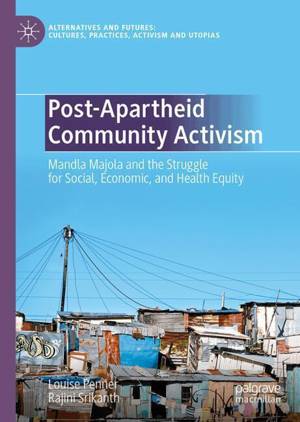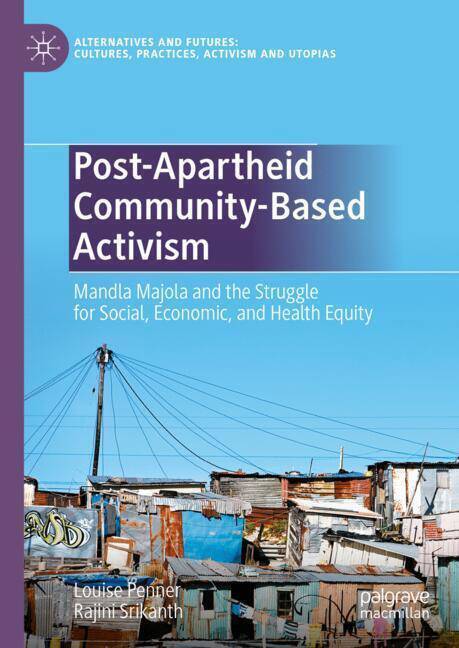
- Retrait gratuit dans votre magasin Club
- 7.000.000 titres dans notre catalogue
- Payer en toute sécurité
- Toujours un magasin près de chez vous
- Retrait gratuit dans votre magasin Club
- 7.000.0000 titres dans notre catalogue
- Payer en toute sécurité
- Toujours un magasin près de chez vous
Post-Apartheid Community-Based Activism
Mandla Majola and the Struggle for Social, Economic, and Health Equity
Louise Penner, Rajini SrikanthDescription
This book provides a timely study of community-based activism in contemporary South Africa. Grounded in oral history, the book examines the acquired expertise and life experiences of an impactful South African activist, Mandla Majola, within the context of the people, circumstances, and affiliations that have shaped his strategic thinking and practice. The authors situate Mandla Majola's activist and everyday experiences within histories of the complex connections between post-apartheid political and social movements and human rights discourse as they emerged after 1994. The book illuminates the relationship of state power to public health activism for HIV, tuberculosis and COVID-19 and for a life of basic human dignity, including access to sanitation and housing. Mandla Majola's life spotlights the inspiring, sometimes grueling, and tireless quotidian work of thousands of "invisible" community-based activists whose collective actions have impacted the entire spectrum of social and economic rights of untold numbers of people in South Africa and beyond.
Spécifications
Parties prenantes
- Auteur(s) :
- Editeur:
Contenu
- Nombre de pages :
- 300
- Langue:
- Anglais
- Collection :
Caractéristiques
- EAN:
- 9789819725991
- Date de parution :
- 14-01-25
- Format:
- Livre relié
- Format numérique:
- Genaaid
- Dimensions :
- 148 mm x 210 mm







